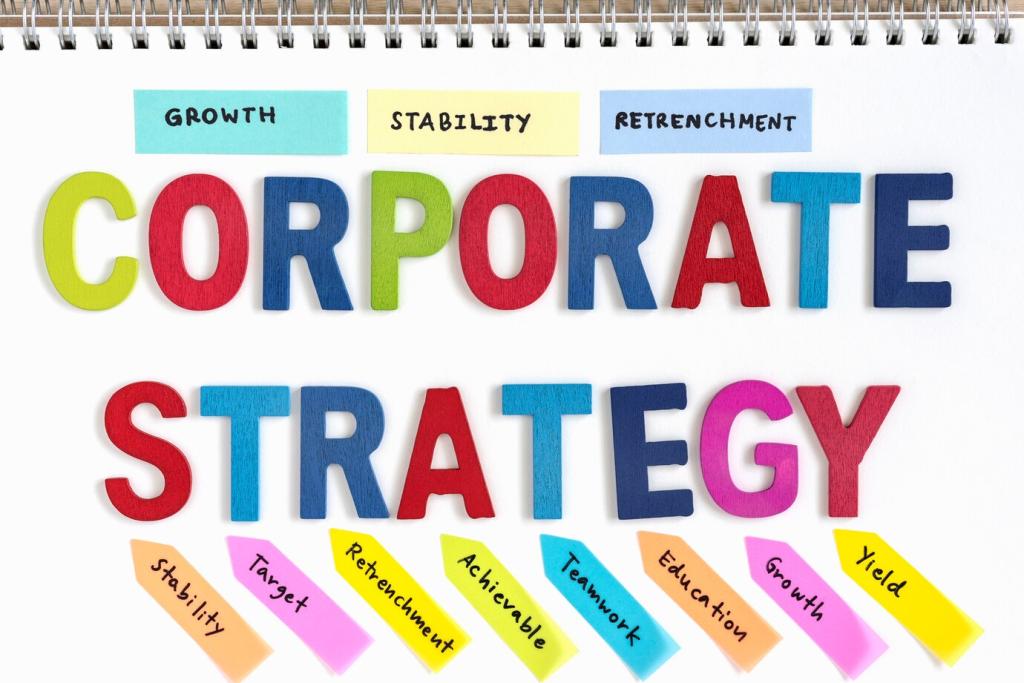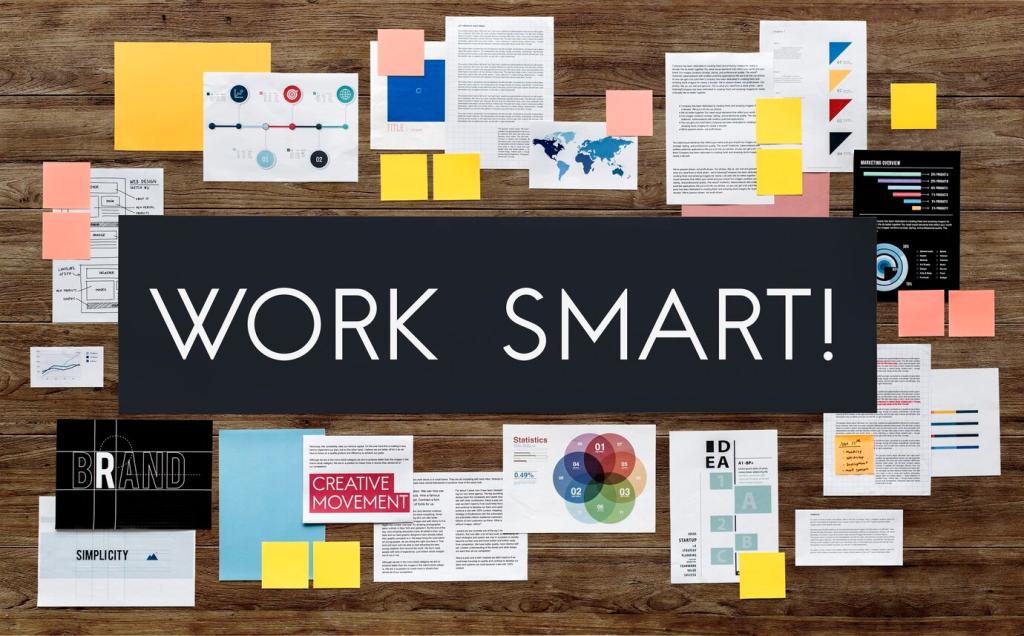Building and Leading a Startup Team
Today’s chosen theme: Building and Leading a Startup Team. Step into practical playbooks, honest founder stories, and proven rituals to assemble, inspire, and scale a high-trust, high-output team that can navigate ambiguity and ship meaningful results. Subscribe and join the conversation as we build together.
Start With a Mission People Can Love
Write the One-Sentence North Star
If your mission cannot be explained before an elevator door closes, it will not guide decisions when the sprint gets messy. Boil it down to one sentence, spoken aloud daily. Post it in your workspace and comment with your draft so the community can help refine it.
Values Built for Midnights and Milestones
Values are not office posters; they are the behaviors you protect when deadlines slip and tempers rise. Define three action verbs that describe how your team works under pressure. Invite your teammates to add examples, then share your shortlist here to compare notes and learn.
A Whiteboard Story
A founder we know wrote the mission and three values on a whiteboard before hiring their first engineer. Every candidate was asked for a story demonstrating alignment. Twelve months later, attrition was zero. Tell us a moment when values clarified a tough call on your team.

Design Roles Around Outcomes
Before posting a job, write three outcomes a great hire will deliver in six months. Avoid laundry lists of tools and focus on measurable change. This clarity attracts builders and filters box checkers. Share one outcome from your next role, and we will offer feedback in replies.

Signal-Rich, Fair Interviews
Replace trivia with realistic work samples and structured scoring. Use the same questions, in the same order, scored against defined rubrics. Calibrate interviewers with shadow sessions. Fair, repeatable signals reduce bias and increase confidence. Comment to receive our favorite work sample prompts for product, engineering, and operations.
From Founder-Doer to Team Architect
Define Decision Rights
Map who decides, who contributes, and who is informed for your top recurring decisions. Publish this map so speed does not depend on hallway conversations. When everyone knows the edges of their authority, momentum compounds. Post one decision you will delegate this week, and we will cheer you on.
Cadence That Powers Accountability
Adopt a simple rhythm: daily standups for obstacles, weekly demos for learning, and biweekly retros for improvement. Keep them short, visible, and relentlessly focused on customer value. Consistency beats intensity. What cadence works for your team right now? Tell us and compare patterns with other founders.
Two-Pizza, One Owner
Small teams move faster when each effort has a single accountable owner. Keep groups small enough to feed with two pizzas and give one person the steering wheel. Ownership beats consensus. Try it for your next project and return to share what changed in speed and morale.
Communication and Culture That Scale

Show, Not Tell, With Weekly Demos
Replace status meetings with demos that put real work on screen. Celebrate progress, not perfection. Seeing the product together builds shared context, pride, and urgency. Invite customers when possible. Try a demo Friday and report back on engagement; we will compile the best tips from your experiments.

Write It Down for Asynchronous Clarity
Adopt lightweight memos and decision logs instead of scattered chats. Writing slows thinking to the speed of understanding, reducing rework. New teammates ramp faster when history is searchable. What tool do you use for written decisions? Share a screenshot of your template to help others start.

Hybrid Without Headaches
Set explicit norms for time zones, response windows, and meeting hygiene. Default to async, then meet to decide. Record summaries and capture action items in writing. These boundaries protect focus and fairness. Tell us your best hybrid norm so we can feature it in a future guide.
Feedback, Growth, and Psychological Safety
Protect weekly one-on-ones focused on growth, not status. Ask what felt heavy, what energized, and where you can unblock. Capture commitments in a shared doc. Over time, trust accumulates like compound interest. What question sparks the best conversations for you? Post it to help another leader.

Diversity as Strategy, Not Slogan
Multiple studies, including McKinsey research, link diverse leadership teams with significantly higher odds of outperforming on profitability. Beyond numbers, diversity improves product relevance and risk detection. What perspective improved your product recently? Share it so others can broaden their recruiting lens with intention.


Diversity as Strategy, Not Slogan
Standardize interviews, anonymize screening where possible, and use work samples aligned to real tasks. Calibrate interviewers and track pass rates by stage to surface patterns. Small mechanics drive big fairness. What change improved your funnel quality the most? Comment and we will compile a community checklist.



Decisions, Conflict, and Commitment
Pre-Mortems and Decision Logs
Before committing, imagine the project failed and list reasons. Turn risks into owners and tests. After deciding, record the context and criteria in a simple log. Future you will thank present you. Share your decision template, and we will feature clever variations from the community.


Disagree and Commit, Kindly
Borrow the principle popularized in high-performing companies: invite candid disagreement, then commit together once a decision is made. This separates debate from execution and preserves momentum. What phrase helps your team shift from argue to act? Share it to help others adopt respectful speed.
Join our mailing list
